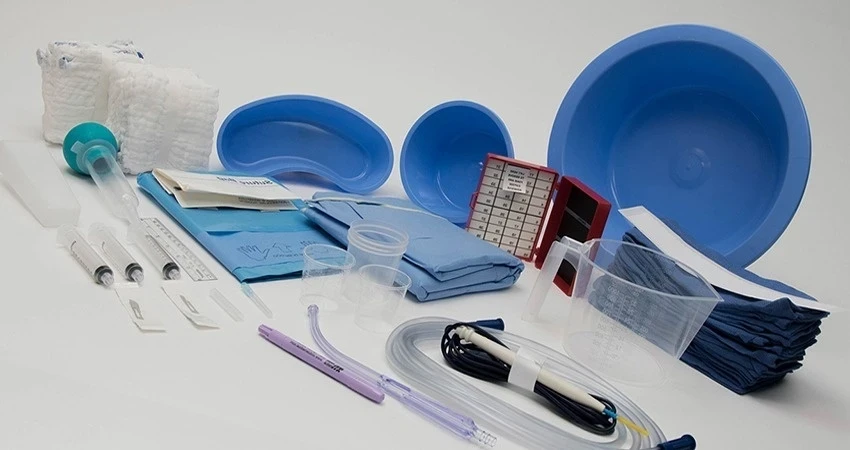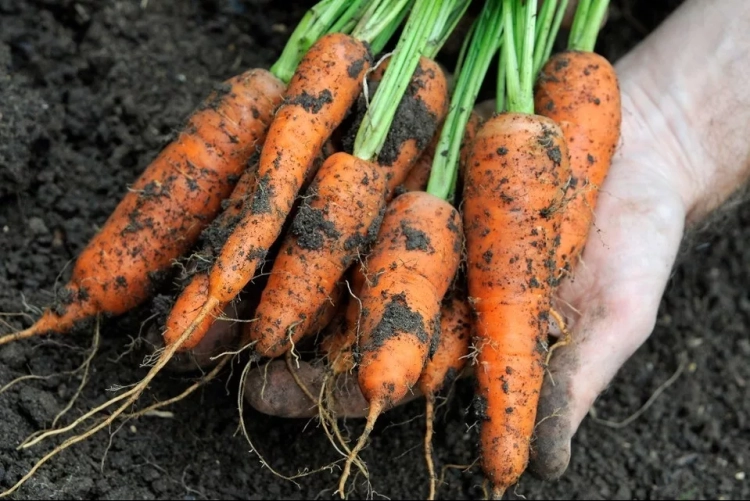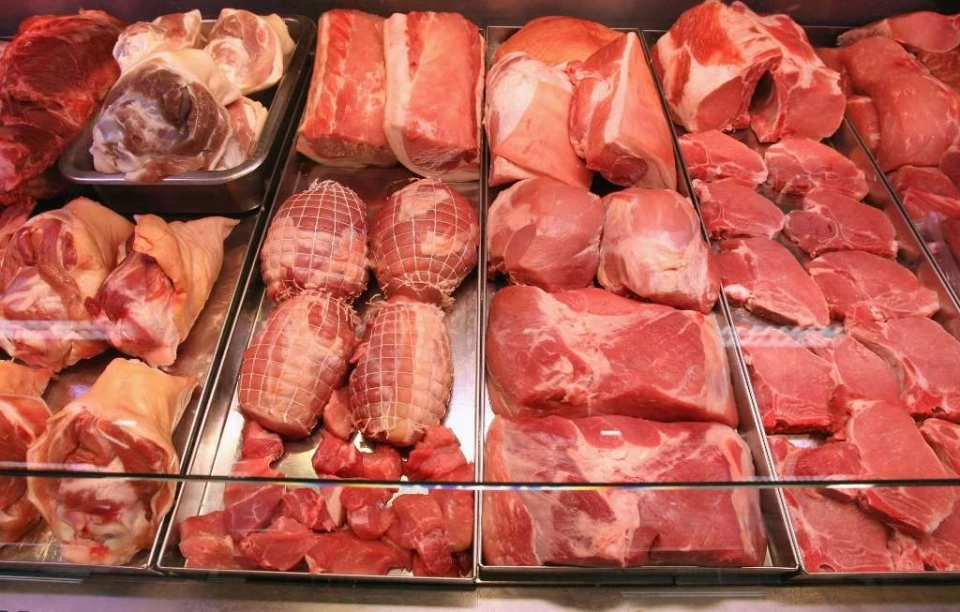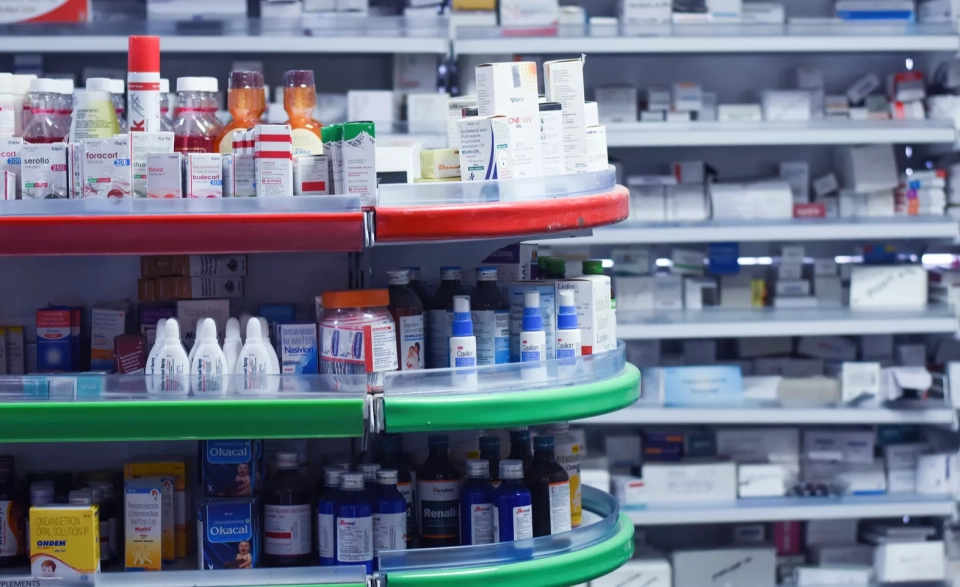The main goal of the changes is to simplify bureaucratic procedures.
The draft states that the requirement for applicants to have a higher veterinary education creates obstacles for entrepreneurs who, although lacking the relevant diploma, possess sufficient experience and qualifications to work in the production and sale of veterinary drugs. In this regard, there have been appeals from citizens without veterinary education to government bodies, as well as comments and suggestions from the General Prosecutor's Office during licensing inspections.
According to the proposed changes, the work experience requirement for individuals with higher or secondary vocational veterinary education is planned to be reduced from three years to one year.
This change is aimed at increasing the number of qualified specialists allowed to produce and sell veterinary drugs, as well as attracting young people to this field.
The Ministry of Agriculture emphasizes that these adjustments will not lower the standards of quality and safety of veterinary drugs, as the requirement for relevant education will remain mandatory. However, excessive administrative barriers will be removed, creating conditions for staff renewal in the industry.
The adoption of this document is aimed at:
- optimizing and simplifying licensing;
- aligning the regulatory framework with current legislation;
- eliminating contradictions between subordinate acts and laws;
- stimulating the development of entrepreneurship, competition, and innovation;
- reducing administrative barriers and activating economic activity.













